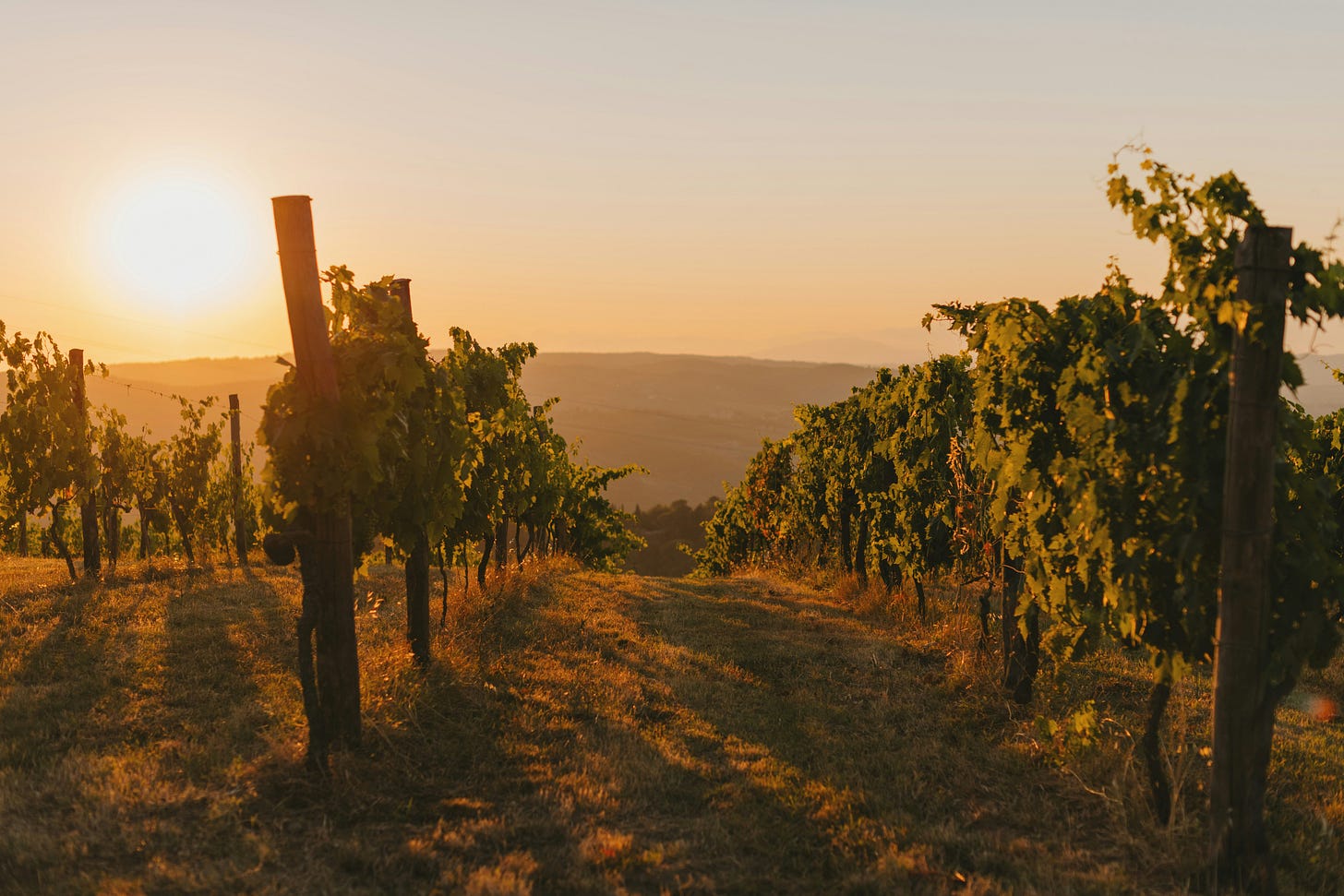Reflections 27th April
Growth versus Extraction
“To grow a vine is to embrace uncertainty. Each season whispers its secrets, and no two years will ever tell the same story.”
Jean-Claude Berrouet
Extraction has driven our economy for decades as we have extended supply chains to breaking point, replacing relationships and partnerships with algorithms. We have come to believe that there is always someone who will make what we want more cheaply, whether through production efficiencies or simply crude cost-cutting. Anyone who has worked in the less than ten per cent of the UK Economy involved in farming and manufacturing knows this well. They have seen margins relentlessly squeezed by large corporations, who are happy to use their purchasing power to switch suppliers at a moment’s notice to wherever what they want can be bought more cheaply, with barely a nod to the impact on the supplier or their community.
Extraction is always easier, less risky, and more profitable than growing things until - suddenly - we find all the value has been …
Keep reading with a 7-day free trial
Subscribe to Outside the Walls to keep reading this post and get 7 days of free access to the full post archives.


